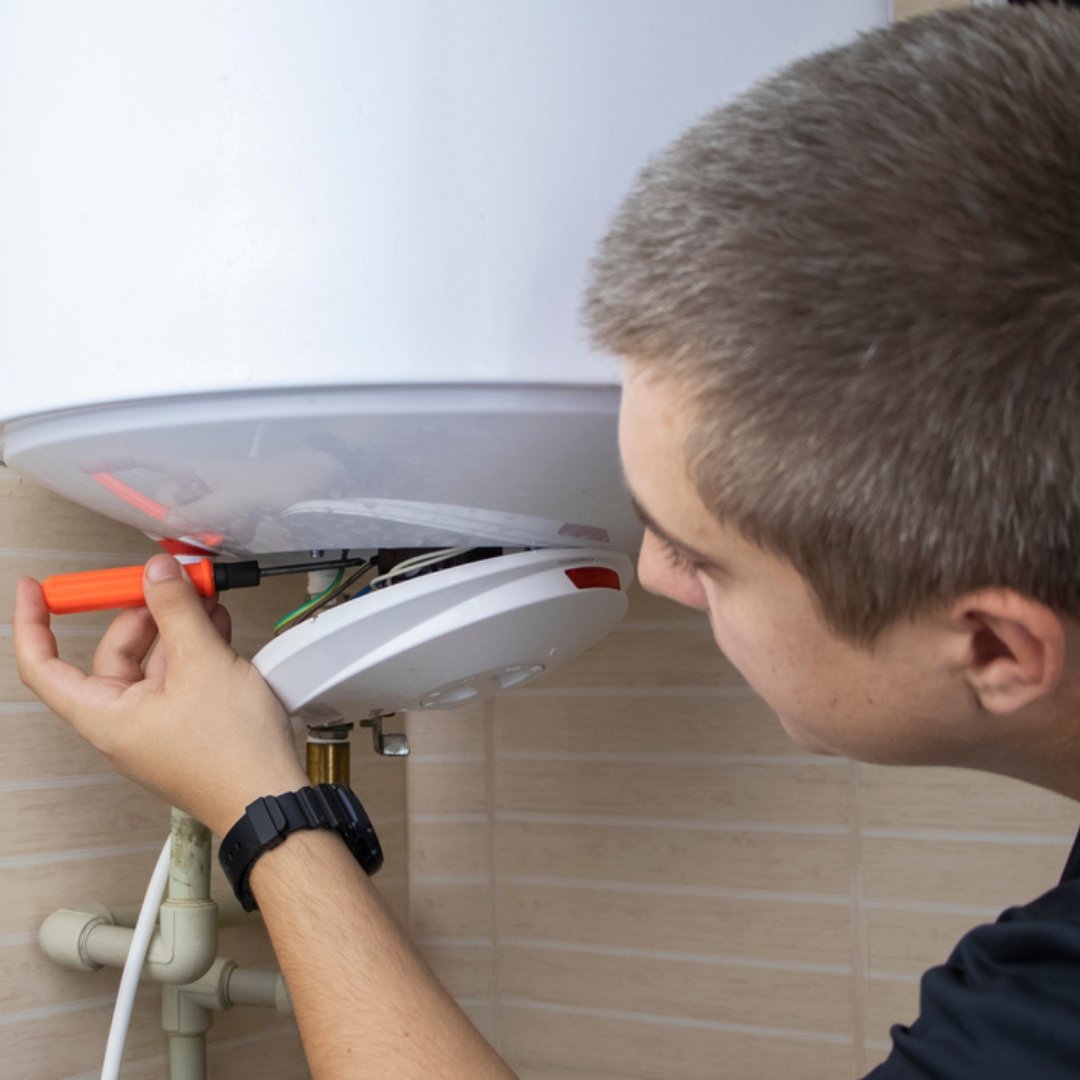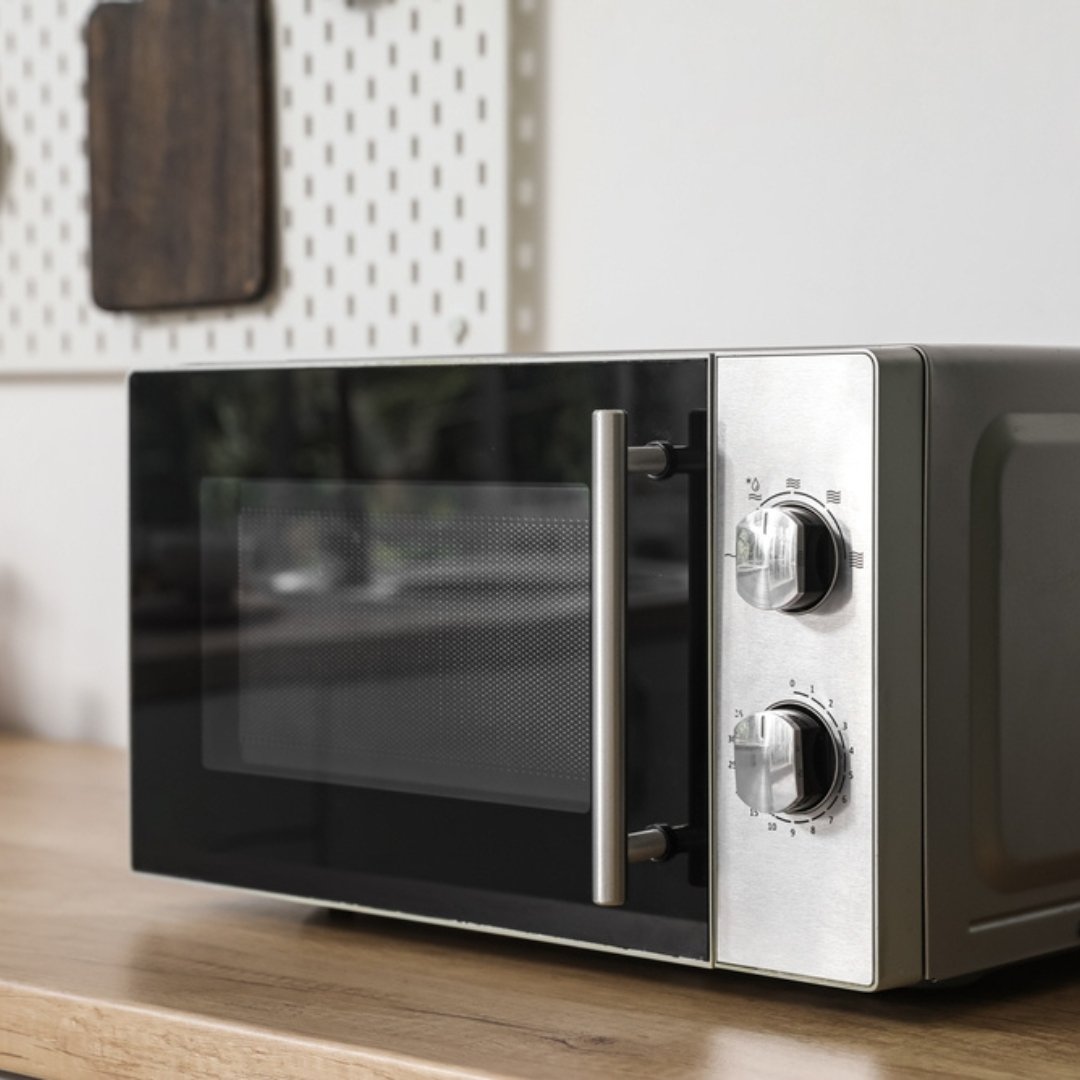Why RCD Testing Should Be Part of Every Safety Checklist
Electrical safety is one of the most critical aspects of protecting lives and property, yet it is often overlooked until something goes wrong. One of the most effective devices for preventing serious accidents is the Residual Current Device (RCD). While installing RCDs is important, relying on them without regular testing can create a false sense of security.
That’s why RCD testing should be a non-negotiable part of every safety checklist—whether at home, in the workplace, or on a construction site. To Know More Click Here
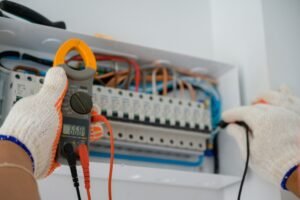
What is an RCD and Why is it Important?
A Residual Current Device (RCD) is a life-saving electrical safety switch that cuts off power within milliseconds if it detects current leakage. Unlike a circuit breaker, which only protects against overloads, an RCD protects people from electric shocks and reduces the risk of electrical fires.
For example:
- If someone accidentally touches a live wire, the RCD detects the imbalance and shuts down the power instantly.
- Even a leakage as small as 30 milliamps can be detected and stopped, preventing fatal accidents.
In short, RCDs are the frontline defense for electrical safety—but only if they work properly.
Why RCD Testing is Critical for Safety
Many homeowners, employers, and even facility managers assume that once installed, an RCD will always function correctly. But over time, RCDs can deteriorate, develop faults, or fail silently. That’s where regular RCD testing plays a crucial role. To Know More Click Here
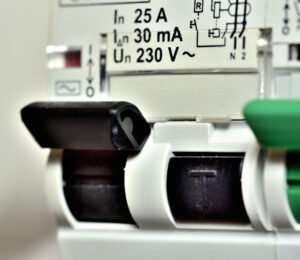
Benefits of RCD Testing:
- Ensures Reliable Protection
Verifies that the RCD will trip quickly in case of an electrical fault, preventing electrocution. - Prevents Electrical Accidents
A properly tested RCD significantly reduces the risk of electric shocks and electrical fires. - Compliance with Safety Standards
Regulations and workplace safety guidelines often mandate regular RCD testing. Non-compliance can lead to fines, liability issues, and rejected insurance claims. - Identifies Hidden Electrical Faults
Failed tests may point to damaged wiring, deteriorating insulation, or faulty appliances that need attention. - Peace of Mind
Testing ensures both employers and homeowners know their electrical system is safe.
How Often Should RCDs Be Tested?
The frequency of RCD testing depends on the environment:
- Homes: Push-button test monthly + professional test every 1–2 years.
- Workplaces: Push-button test every 3 months + professional inspection every 6–12 months.
- Construction Sites / High-Risk Areas: RCD testing may be required every 3 months or more frequently due to harsh conditions.
Always check local electrical regulations to ensure compliance with the latest standards. To Know More Click Here
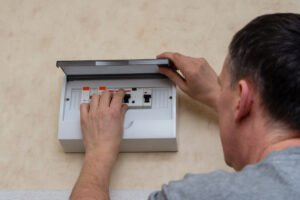
Risks of Not Testing RCDs
Neglecting RCD testing can have serious consequences:
- Fatal electric shocks due to a non-functioning device.
- Electrical fires from undetected current leakage.
- Damage to equipment caused by wiring faults.
- Legal and insurance issues due to non-compliance with safety laws.
Skipping RCD testing is not just a safety hazard—it can also have financial and legal consequences.
How to Include RCD Testing in Your Safety Checklist
Making RCD testing a routine safety procedure is simple:
- Add it to your official safety checklist at home or work.
- Train employees or household members to perform push-button tests.
- Maintain a testing log with dates and results for compliance.
- Schedule professional testing by a licensed electrician to measure trip time and sensitivity.
- Replace faulty RCDs immediately—never delay repairs or ignore failed test results. To Know More Click Here
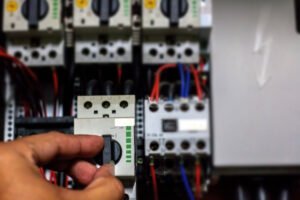
Conclusion: A Small Test, A Big Difference
Electrical hazards are invisible but deadly. An RCD is designed to protect you, but only if it has been tested and maintained regularly. By making RCD testing part of every safety checklist, you ensure compliance, safeguard lives, and protect property.
When it comes to electrical safety, prevention is always better than cure. And prevention starts with a tested and trusted RCD.
SafeTag – Your Safety Partner in New Zealand
Ensure workplace safety and compliance with SafeTag’s professional testing services. We offer certified solutions for Electrical Testing & Tagging, RCD Testing, Microwave Leakage Testing, and Portable Appliance Testing (PAT). Trust our experts for hassle-free, on-site service tailored to your business needs.

